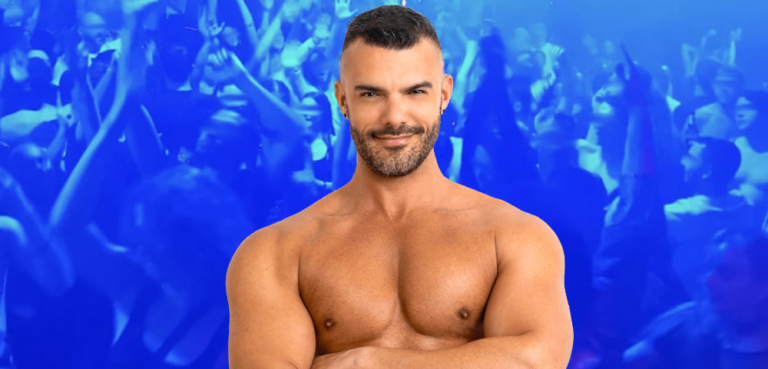
Life on film
I’m interested in films that explore human relationships, how to be in the world, memory and the past. They’re the sorts of films I like to watch, and the sort of films I like to produce.
I produced my first film in London in the 1980s. I was working in bars and recruitment agencies over there, after finishing university in New Zealand.
I moved into a flat with someone who was a director and studying at the London Film School. She needed to make a film as part of her studies, and couldn’t find a producer.
She asked me if I’d like to do that, and of course I said yes. I started working with her and produced a film called Leaving and I was completely hooked.
I was about 22 when I produced Leaving. It was about a straight couple who split up because the male partner had fallen in love with another man. It was telling the story of how that can happen and it can be sad, but the people involved can keep relating to one another.
After living in London for about four years, I came back to Sydney. Since then I have done a range of film work here. The first feature film I produced was Soft Fruit, which we finished in 1999.
Most recently I have produced Girl In A Mirror, which is a portrait of Australian photographer Carol Jerrems. I was initially very attracted to Jerrems’s photography, but also the story of her life is in many ways the story of the 1970s.
She graduated from art school in 1970 and then she died in 1980, so she really was like an ?-1970s girl. Whatever was going on, she was there, with her camera. It was an interesting parallel, her life and the 1970s.
The idea of the 1970s being a period of breaking from social strictures resonated with my own experience.
Certainly in New Zealand, where I grew up, the 1960s were a lot like the 1950s. They were very stitched-up, and it was in the 1970s that people really started to rebel and resist the strictures of an almost Victorian life.
I left New Zealand when I was 21, and then I spent five months in Sydney on my way to London. That was in the early 1980s, and I thought Australia would be exactly like New Zealand. I saw it as a stepping stone to other places, so it was a revelation to find how different it was.
I remember going to Patches, a very famous drag club in Oxford Street, and watching the drag shows. I used to go there three or four nights a week.
Even when I think back to that, I realise there was a lot more freedom. All the performers and clientele were pretty much gay boys and transsexuals and so on, but there wasn’t a sort of narrowness. You could try anything and be anything.
There were guys floating around in kaftans and makeup and women getting around in drag, but it didn’t mean that was what you had to do from then on.
It was like: dress up, try a few things out, go up the street and see if anyone took any notice of you.
It’s really when you start looking at the 1970s more closely that you start thinking: Here we are, 30 years later, and so many of the things that people really fought hard for seem to have disappeared. If you wanted to talk about those things today people might think it was a bit odd.
It seems like conservatism has kind of crept into everything again nowadays, in an insidious way. We think we’re a lot freer, and in some ways we are a lot freer, but in some ways that freedom to experiment seems to have disappeared.
We talk about how conservative it is today, but sometimes you don’t really think about what that means until you look at the life of someone like Carol Jerrems and realise that they were really trying to live in a more open and free way back then.
I think identity in the 1990s and in the 2000s has become something where you have to decide what you are and how you’re going to live your life. You’ve got to really identify, whether it’s gay or straight, whatever lines people have got to live along. Why is that necessary? It wasn’t necessary in the 1970s.
I do miss that element of the 1970s. I was a teenager back then, so I wasn’t living the life that people in their 20s were living. But I guess I saw enough of it to understand that it’s really completely gone.
Interview by Ian Gould
Girl In A Mirror screens as part of the 2005 Sydney Film Festival on 16 June at 5pm at the State Theatre. A second screening is on 20 June at 3:30pm at the Art Gallery of NSW. For bookings call 132 849.









